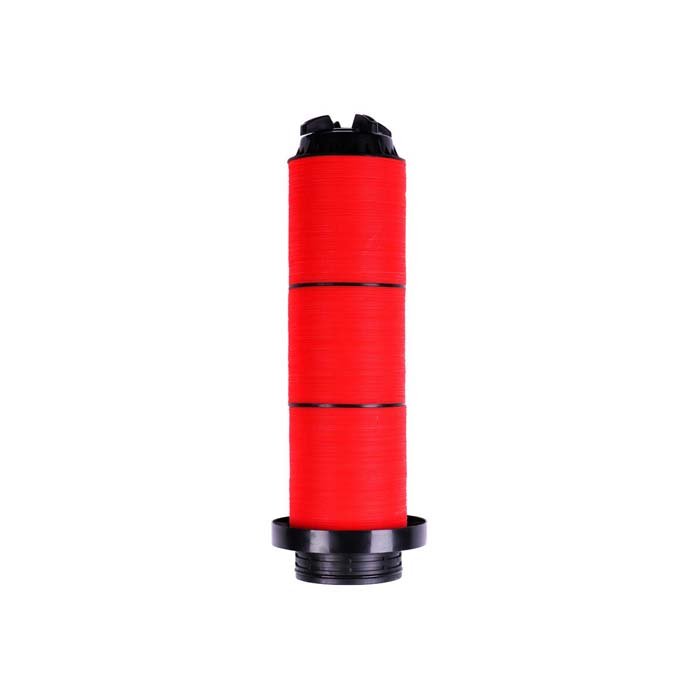Irrigation Disc Filters: Enhancing the Efficiency of Agricultural Water Management
As agriculture continues to play a crucial role in feeding the world’s population, there is a growing demand for sustainable and efficient methods of crop production. One of the essential components of modern farming is irrigation, and for it to be effective, the quality of the water used is of utmost importance. Unfiltered water can contain a range of contaminants such as sand, silt, and organic matter that can clog irrigation systems, reduce water flow, and lead to decreased crop yields. To overcome these challenges, farmers are increasingly turning to irrigation disc filters, which use a series of discs to remove particles as small as 25 microns.
What Are Irrigation Disc Filters?
Irrigation disc filters are a type of mechanical filter used to remove solid particles from water. They work on the principle of depth filtration, where the water passes through a series of stacked discs that progressively filter out particles of decreasing size. The discs are made of a variety of materials such as plastic, stainless steel, or synthetic fabrics and are available in different grades based on the size of the particles they can remove.
The Advantages of Irrigation Disc Filters
One of the significant advantages of irrigation disc filters is their ability to remove particles as small as 25 microns. This means that they can effectively filter out contaminants such as sand, silt, algae, and organic matter that are too small to be captured by other types of filters. This ensures that the water used for irrigation is free of debris and sediment, which can clog irrigation systems, reduce water flow, and damage crops.
Another advantage of irrigation disc filters is their low maintenance requirements. Unlike other types of filters, disc filters do not require backwashing or frequent cleaning. This is because the stacked discs create a large filtration area, which allows for an extended operating time between cleanings. Additionally, disc filters can be easily disassembled, cleaned, and reassembled, making them a cost-effective and convenient option for farmers.
The Types of Irrigation Disc Filters
There are two main types of irrigation disc filters: manual and automatic. Manual disc filters require periodic cleaning, which is done by manually disassembling the filter and removing the debris from the discs. Automatic disc filters, on the other hand, use a backwashing mechanism to clean the filter automatically. When the pressure drops across the filter and reaches a preset level, a valve opens, and the filtered water is redirected to the backwash chamber, where it flows in the opposite direction, dislodging and flushing out the accumulated debris.
The Importance of Choosing the Right Irrigation Disc Filter
Choosing the right irrigation disc filter is critical to ensuring the long-term efficiency and productivity of the irrigation system. The choice of filter will depend on factors such as the water source, the size of the irrigation system, and the type of crop being grown. It is essential to consider the flow rate, pressure drop, and filtration efficiency when selecting a disc filter.
Irrigation disc filters are an essential component of modern farming, helping farmers to ensure the quality of the water used for irrigation. With their ability to remove particles as small as 25 microns and their low maintenance requirements, disc filters have become a popular choice for farmers worldwide. By choosing the right disc filter for their irrigation system, farmers can improve water efficiency, increase crop yields, and ensure sustainable and efficient agricultural practices.


